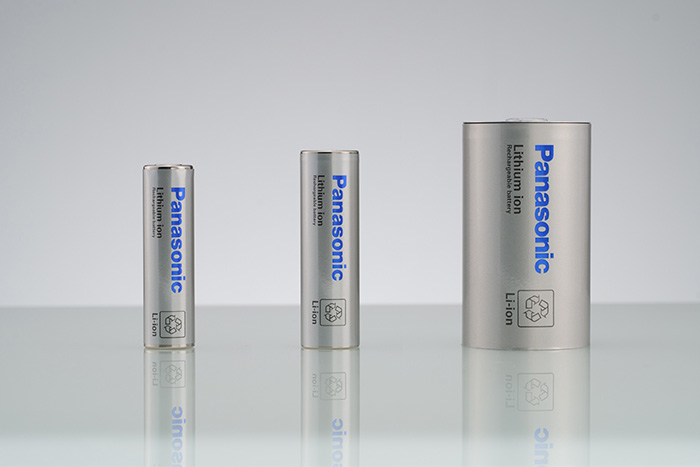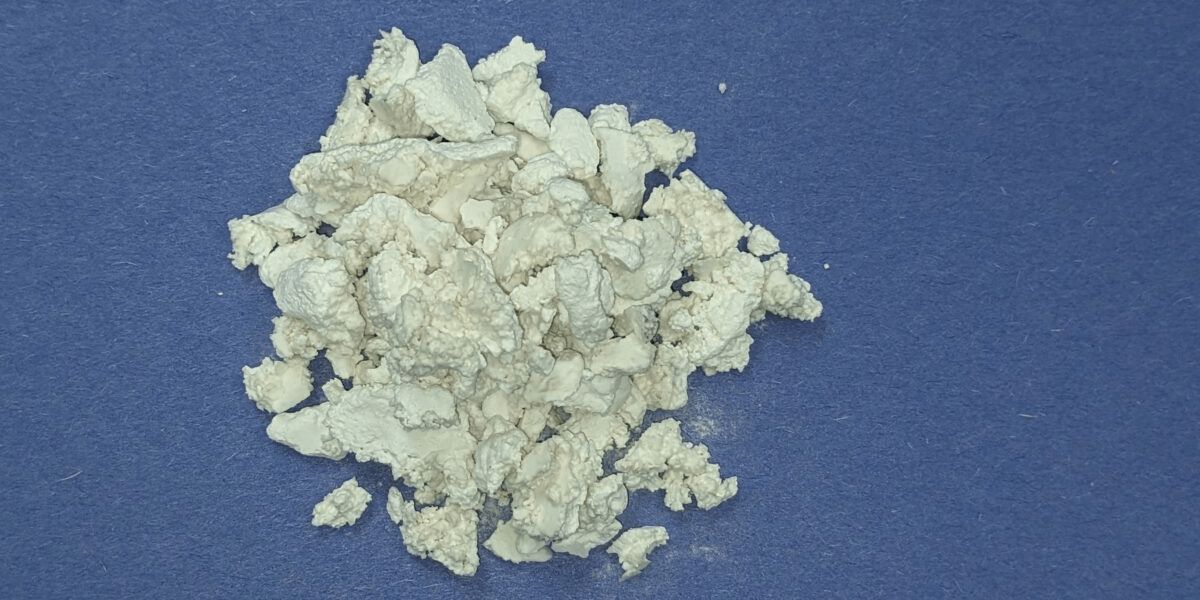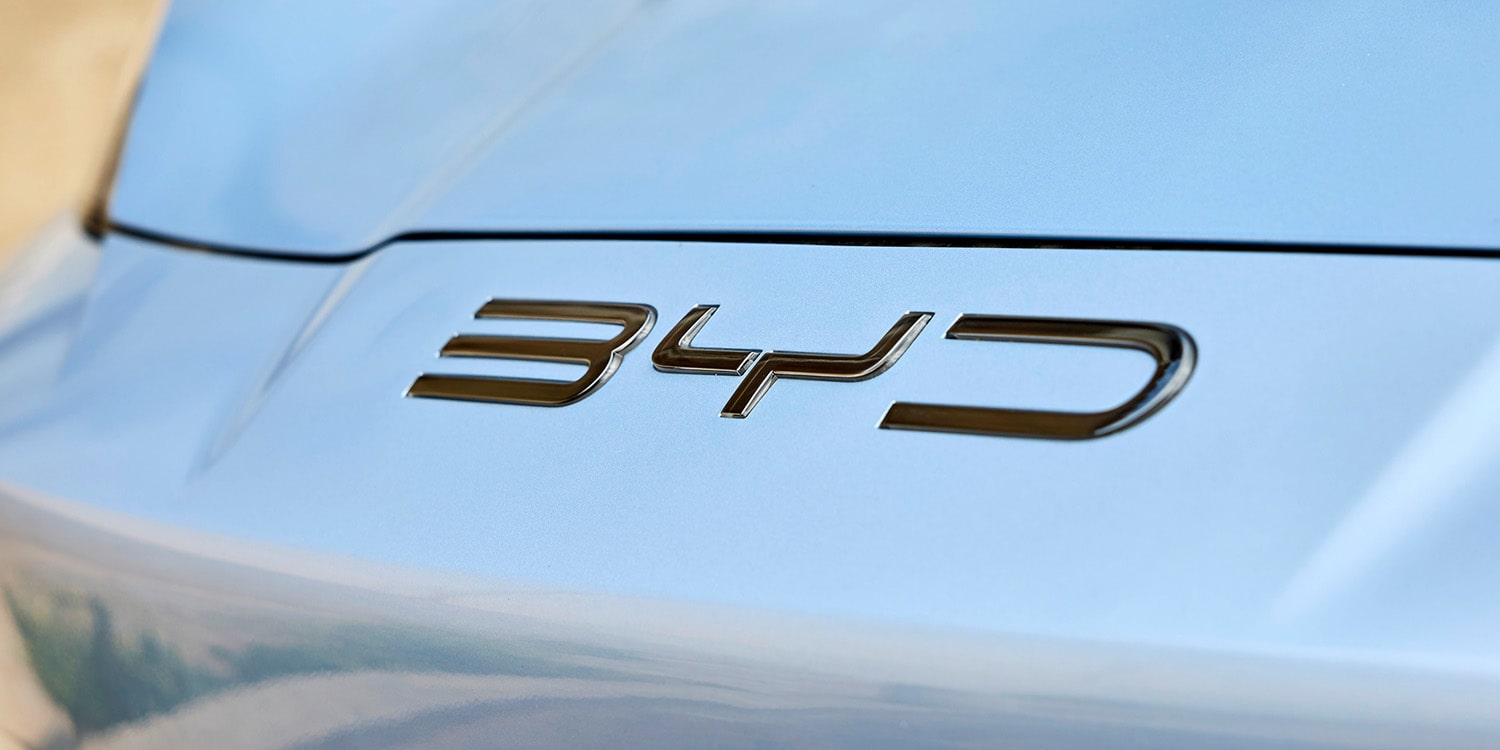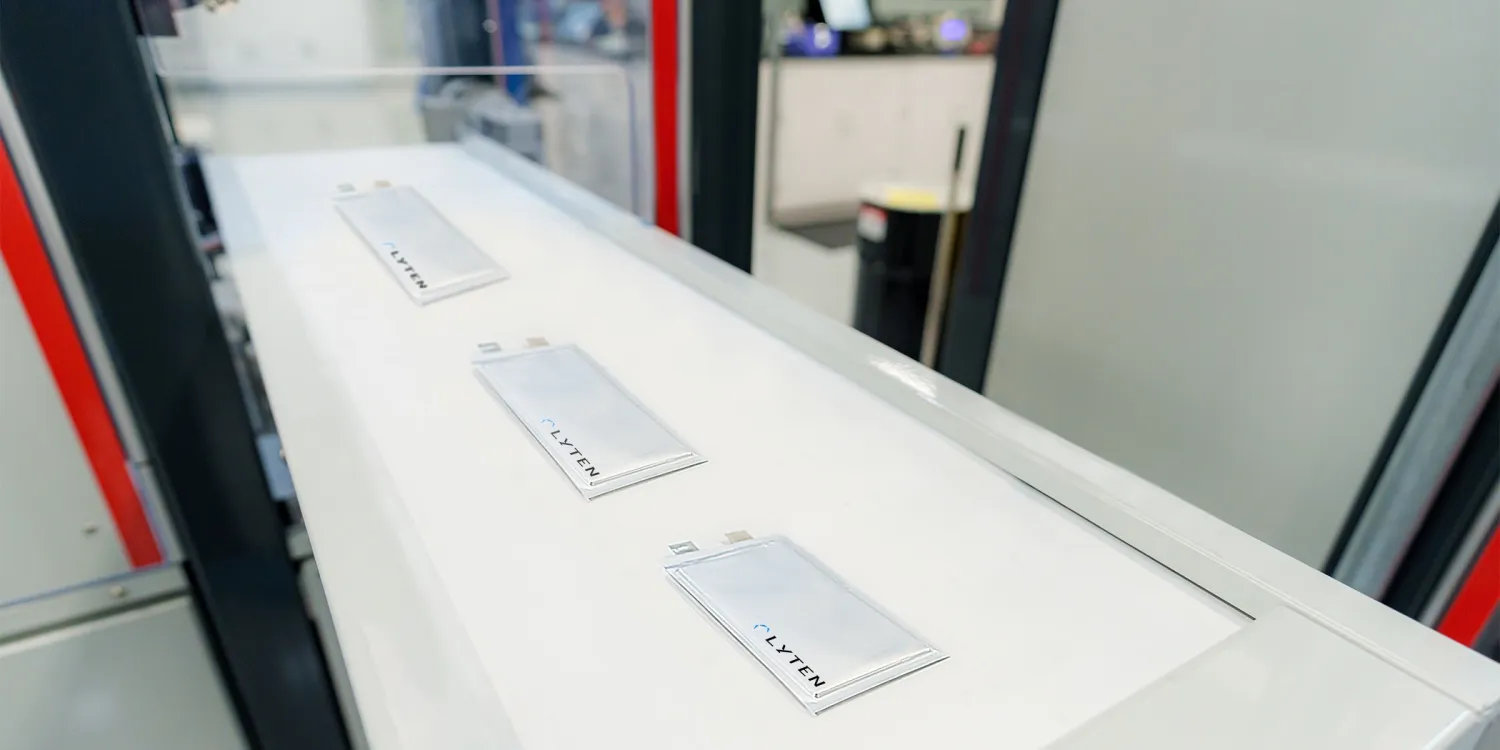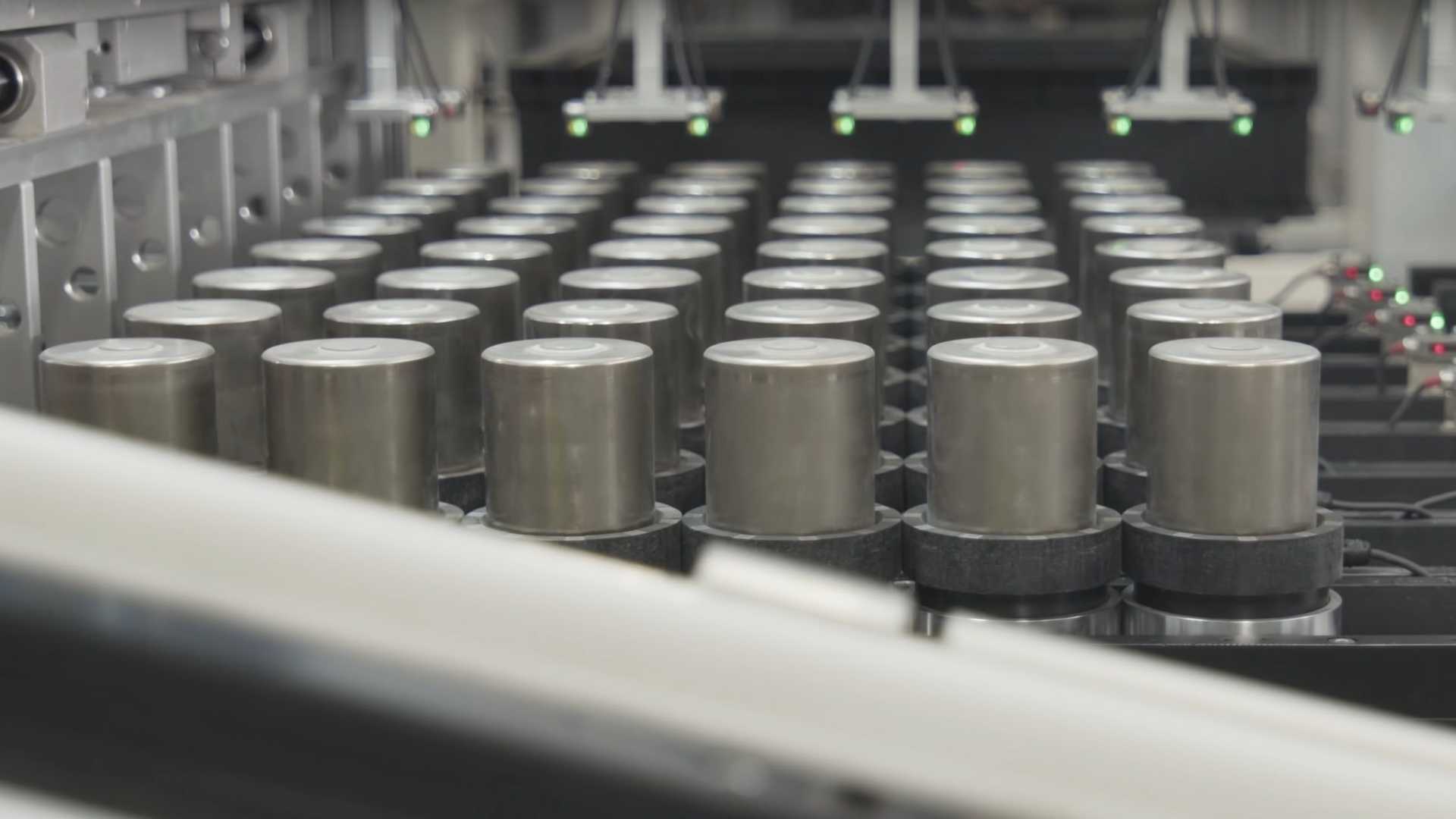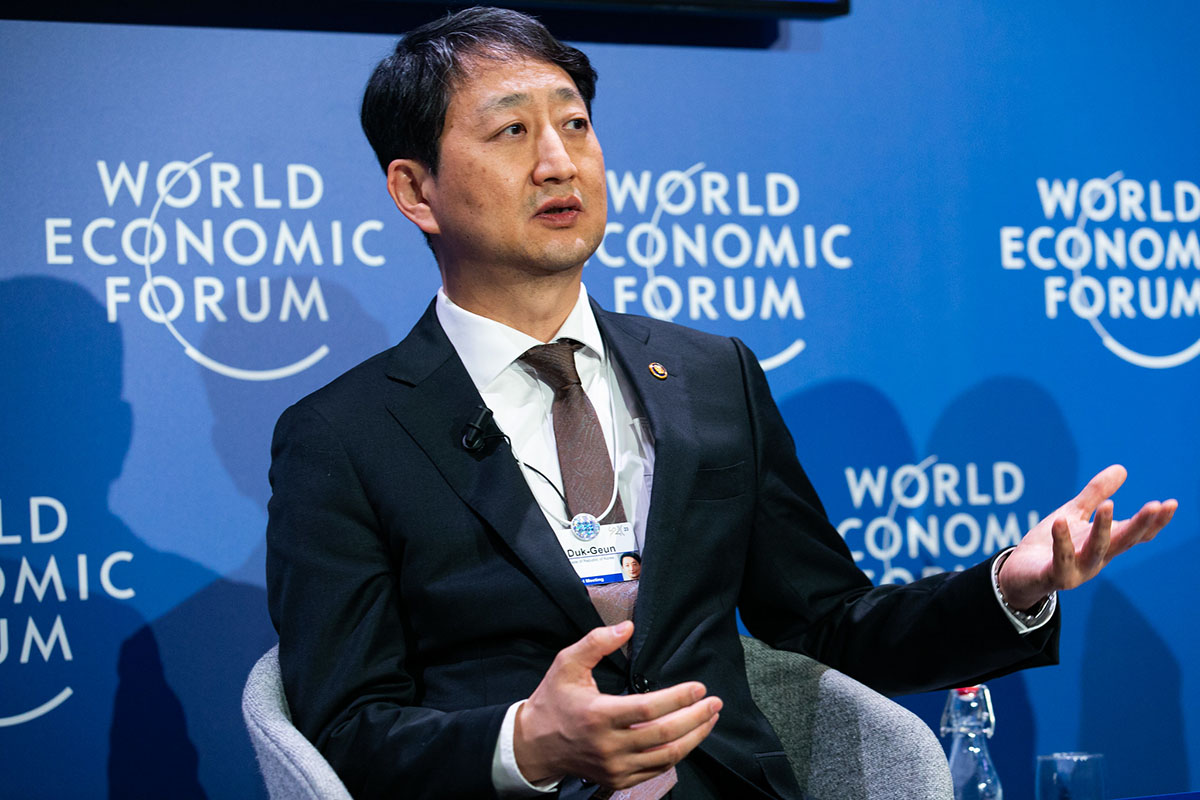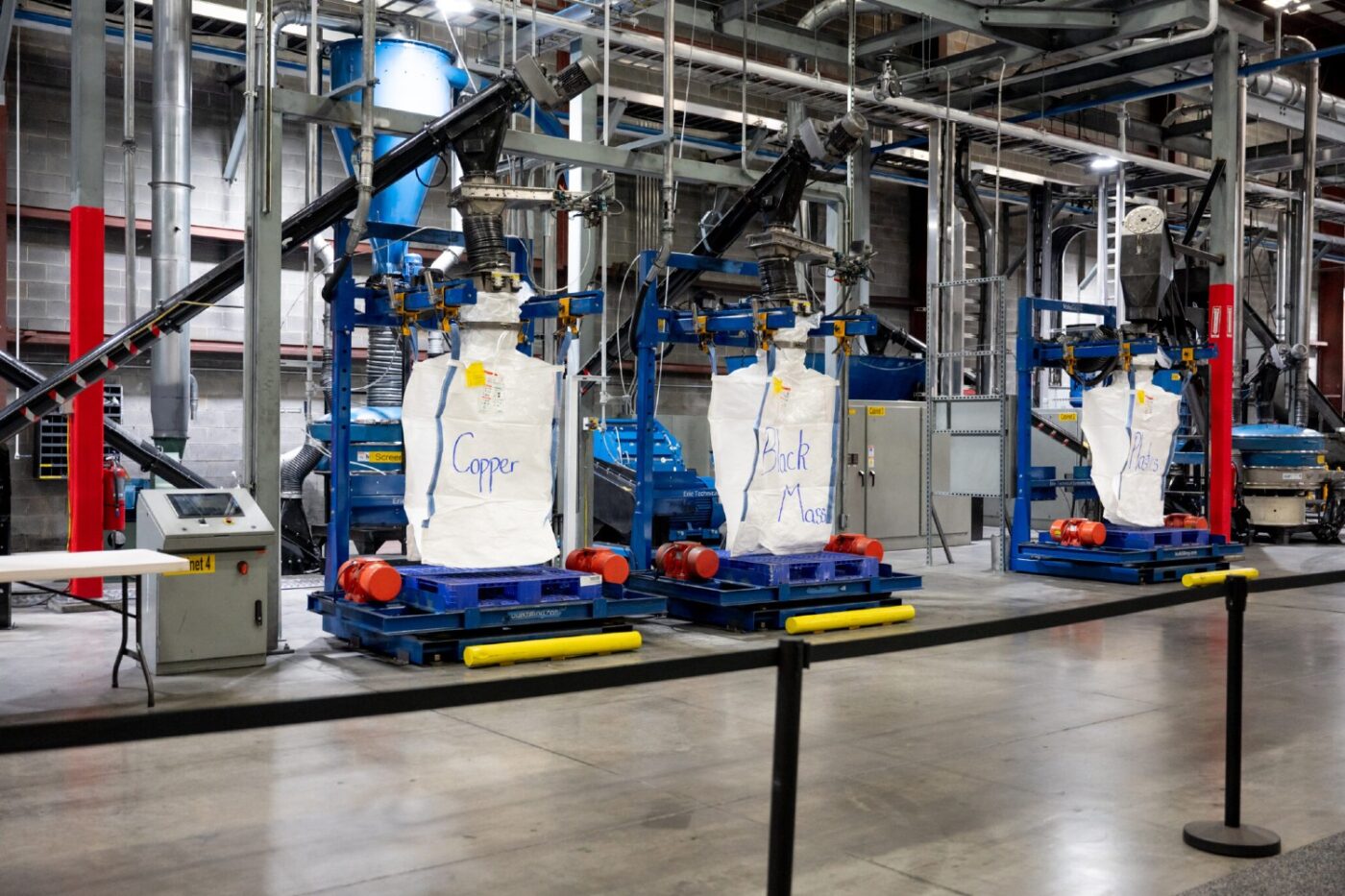Panasonic Holdings’ energy unit fell short of its operating profit guidance for the past business year due to reduced electric vehicle (EV) battery production in Japan and declining sales of consumer products, the company announced on Thursday.
Operating income for the segment, which manufactures batteries for Tesla and other automakers, reached 88.8 billion yen ($570.18 million) for the fiscal year ending in March, missing its own forecast of 113 billion yen, Panasonic stated.
The slowdown in EV demand in the United States and Europe, along with intense competition in China, has impacted automotive battery manufacturers. While the North American EV market continues to grow, its pace has slowed due to early adopter demand saturation, as noted by Panasonic in its presentation materials.
Panasonic Energy anticipates a 23% increase in operating profit for the current business year, reaching 109 billion yen, expecting demand to rise with more affordable car models becoming available.
The company faces stiff competition from other Asian battery makers such as China’s CATL and South Korea’s LG Energy Solution, with Chinese battery makers now accounting for over two-thirds of global EV battery capacity.
Panasonic Energy has been expanding its presence in the North American market, with a plant in Nevada and a second one under construction in Kansas, which will increase its auto battery capacity to 80 gigawatt hours (GWh) annually.
Panasonic forecasts a 5% increase in operating profit for its entire business this year, aiming for 380 billion yen, despite a 25% decline in operating profit to 40.7 billion yen in the fourth quarter.

